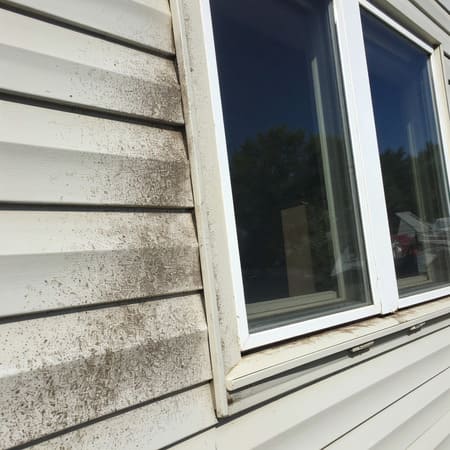Understanding Artillery Spores: Nature's Sticky Projectiles

Artillery spores, the reproductive cells of the fungus Sphaerobolus stellatus, are fascinating yet troublesome organisms. Commonly referred to as artillery fungus or sphere thrower, this unique species is notorious for its ability to launch its sticky spores with incredible precision and force. While these spores play a vital role in the fungus's life cycle, they can cause significant problems when they attach to surfaces, especially homes, cars, and outdoor furniture.
What Are Artillery Spores?
Artillery spores are small, sticky, and incredibly resilient cells produced by Sphaerobolus stellatus. The fungus thrives in decaying organic matter like mulch, making landscaped areas a prime breeding ground. When conditions are favorable - usually warm, moist weather - the fungus ejects its spores in a process that can propel them as far as 20 feet. Once airborne, the spores adhere tightly to surfaces, creating unsightly spots that are difficult to remove.
Why Are Artillery Spores Problematic?
While these spores are harmless to humans, they pose significant challenges to property owners. The sticky nature of the spores allows them to attach firmly to surfaces like siding, windows, and vehicles. Their dark pigmentation makes them highly visible, particularly on light-colored surfaces, leading to aesthetic and maintenance concerns. Even professional cleaning methods, such as pressure washing, may struggle to eliminate them without damaging the underlying material.
Tips to Manage and Prevent Artillery Spores
If you're dealing with artillery spores or want to prevent them, here are some practical strategies:
- Avoid using fresh organic mulch: Opt for alternatives like gravel, stone, or synthetic mulches to minimize the habitat for the fungus.
- Maintain dry conditions: Ensure proper drainage in your yard to reduce the moisture levels that support fungal growth.
- Use reflective surfaces: Light-colored or reflective materials can deter spore attachment as they don't provide the contrast the fungus prefers.
- Regular maintenance: Regular cleaning and sealing of outdoor surfaces can minimize spore buildup and make removal easier.
Implementing these measures can reduce the risk of artillery spores damaging your property.
How to Clean Surfaces Affected by Artillery Spores
Removing artillery spores is notoriously difficult due to their adhesive nature. Gentle scraping or wiping may help, but take care not to damage the surface. For more extensive infestations, professional cleaning services are often the best choice. Pressure washing combined with specialized cleaning agents can effectively loosen and remove spores without causing harm to the underlying material.
Take Action Against Artillery Spores Today!
If artillery spores plague your property, don't let them ruin your surfaces. Contact a professional pressure washing company today for a thorough and safe cleaning! Act now to protect your home and restore its original beauty.
Artillery spores may be nature's marvel, but with the right knowledge and tools, you can keep their impact under control while maintaining your property's pristine condition.

Get a Free Quote Today by Your Local Pressure Washing Company